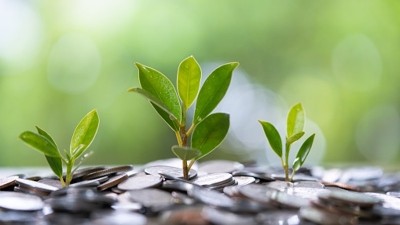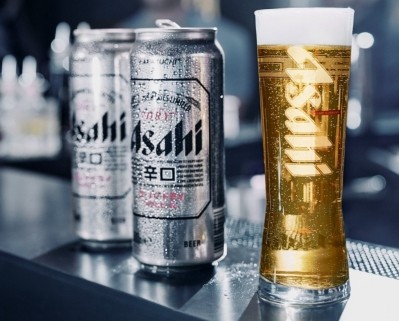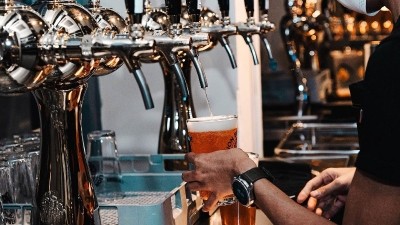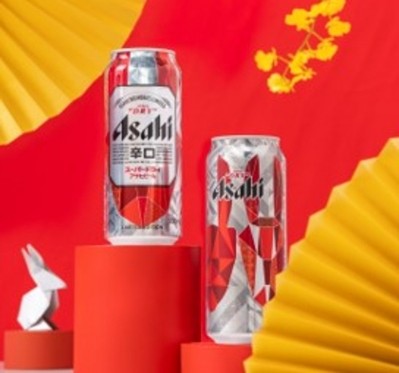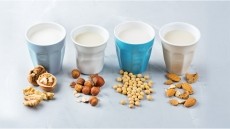Beer is back: Asahi Japan sees sales bounce back but cautions over low-to-no
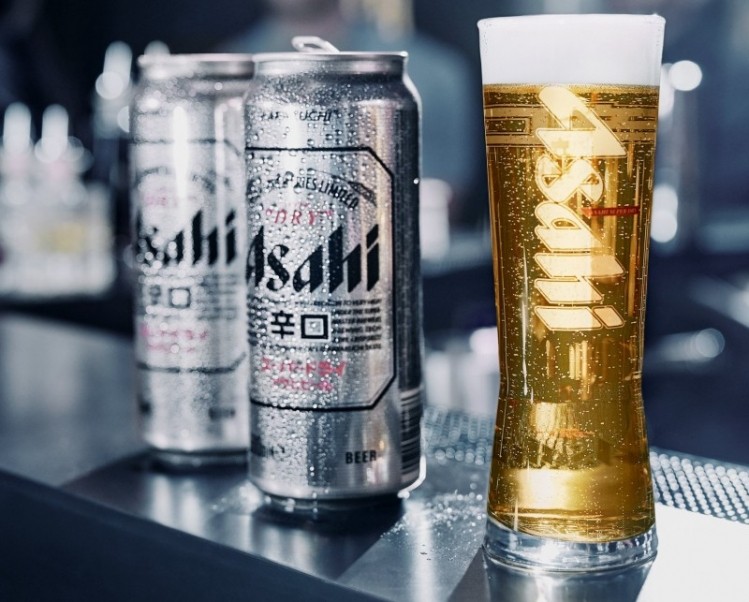
When Asahi announced its H1FY2022 results earlier this year, the firm had highlighted plans to focus more strongly on its canned beers segment in Japan, a move which appears to have paid off for its beers business.
This was reflected in its recently-announced Q3FY2022 financial results, where beer emerged as the top category driving revenue and profit growth over the three months from July to September 2022 in the country.
“Beer and beer-type beverages in Japan grew 19.2% in revenue year-on-year to hit JPY442.7bn (US$3.13bn) and pushed profits for the entire alcoholic beverages category to grow 34.9% to hit JPY62bn (US$439.2mn) in this quarter, [riding on] a recovery for on-premise and increase in canned beer sales,” Asahi CEO and Representative Director Atsushi Katsuki said when announcing the results.
“This growth occurred despite higher variable costs due to market conditions for raw materials and aluminum cans, as well as higher advertising and sales promotion expenses for Super Dry and Asahi Nama Beer.
“As a result of this, we predict the overall growth for the alcoholic beverages segment in FY2022 to increase 10.2% year-on-year to JPY78bn.”
However, the company has simultaneously also been seeing poorer sales and profits coming in from various other sectors such as its RTD low-alcoholic beverages and non-alcoholic products such as coffee, leading it to predict poorer performances from these for 2022.
“RTD low-alcohol beverages dropped in revenue by -0.9% year-on-year to JPY26.5bn (US$258.6mn) this quarter, and the sales volume of coffee in particular also dropped by -6.7% year-on-year to 24.1 million cases,” said Katsuki.
“As such the forecast for these categories are in the negative for overall FY2022, with RTD low-alcohol beverages expected to drop by -8.7% to JPY33.6bn (US$238.1mn) in revenue, and coffee to drop by -3.9% to 34 million cases sold overall.
“The poor performance of coffee and other cost increases, mainly in sugar, are expected to result in a -13.1% year-on-year drop overall for the non-alcoholic beverages segment, despite variable cost reductions and efficiency improvements [we have made].”
Despite these challenges, Asahi remains confident that it will be able to remain profitable in Japan for FY2022, forecasting an 8% growth in revenue to JPY1.31tn (US$12.7bn) and a 7.6% growth in profits to JPY111.4bn (US$1.09bn) by the end of the year.
However, industry analysts seem to be more sceptical of this, citing its recent price hikes as an unknown factor for its performance.
“[The] outlook is somewhat uncertain after the company raised prices there for the first time in more than a decade,” CreditSights analysts wrote in a recent report on Asahi’s Q3FY2022 financial results.
“Given the unprecedented nature of the price increase given the country's longstanding deflationary environment, it remains to be seen how consumers react to the change.
“In the brewer space, we currently have a preference for Carlsberg and Molson Coors [in terms of bonds and profit guidance].”
Sustainability amidst uncertainty
Amidst all of this uncertainty, Asahi is also pushing forward with plans to relocate its Hakata Brewery to the city of Tosu, investing some JPY49.1bn (US$352.3mn) in this relocation.
The company has pegged this move as the establishment of a ‘model facility for Asahi Group’s next-generation production system’, and is focusing a great deal of its efforts on sustainability aspects in its construction.
“The Tosu Brewery will achieve 50% reduction of energy consumption compared with current levels and promote renewable energy usage,” the firm said via a formal statement.
“Other initiatives towards the company achieving zero CO2 emissions by 2050 under the Asahi Carbon Zero plan include the introduction of CO2 capture technologies and other initiatives.
“The [initial] goal will be to reach carbon negative - where the CO2 absorption volumes exceed CO2 emissions - sometime in 2026.”
